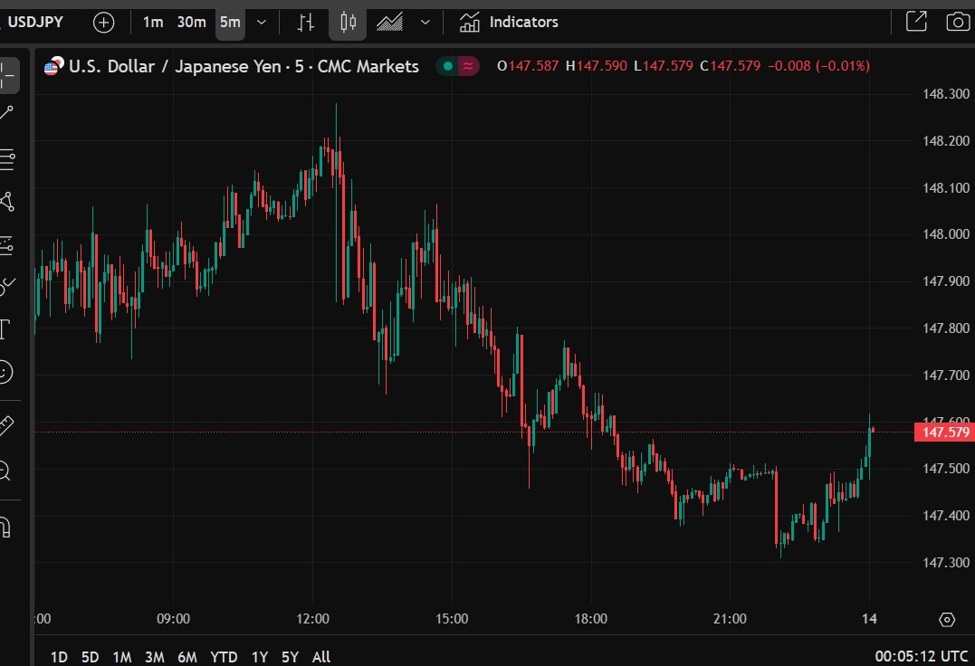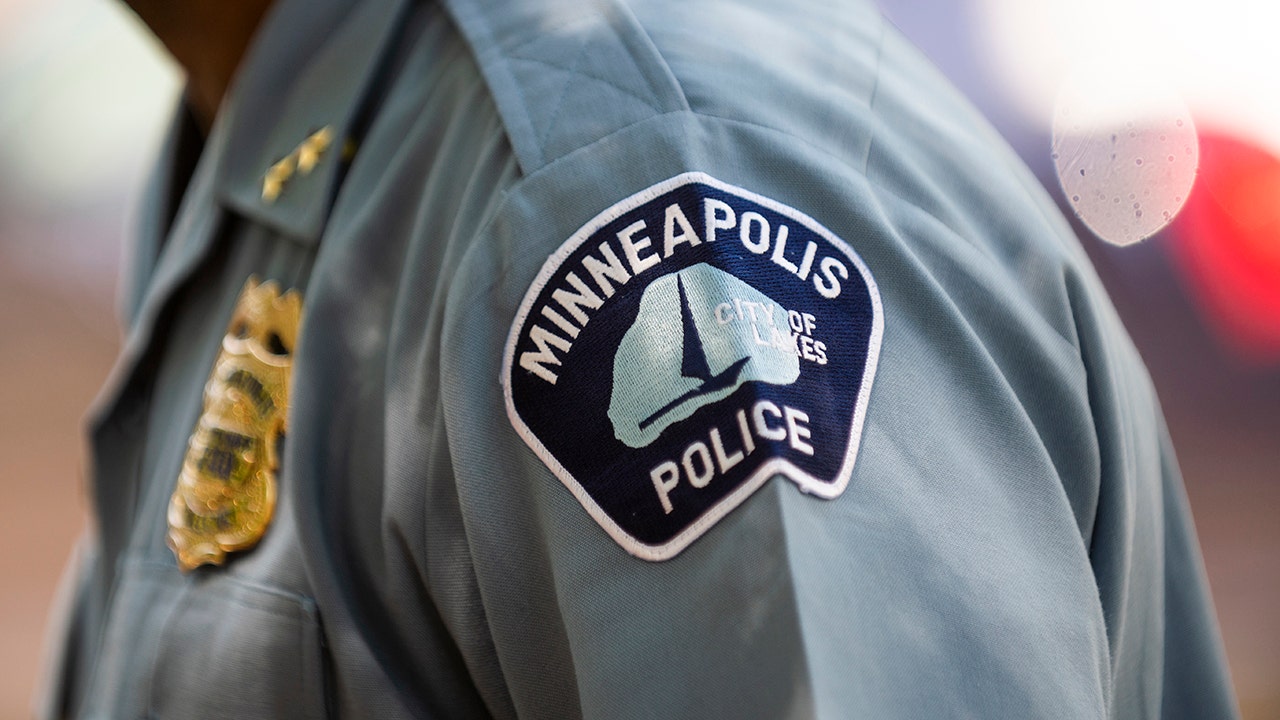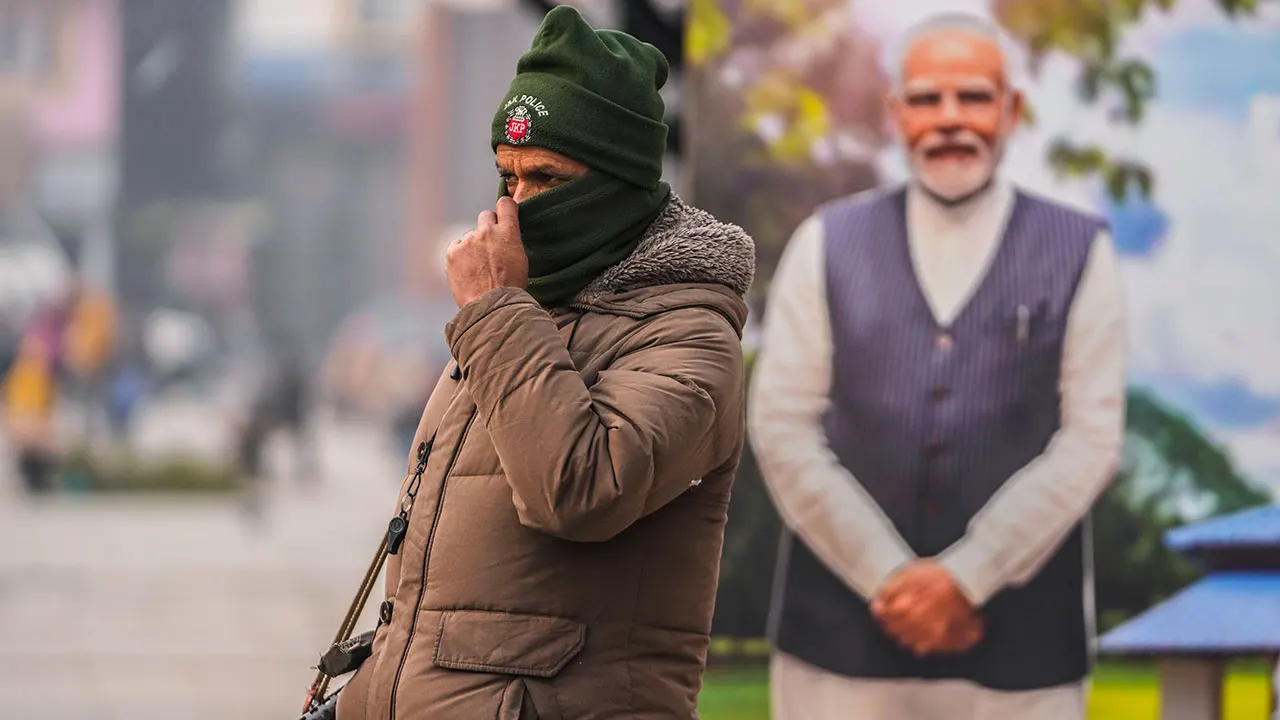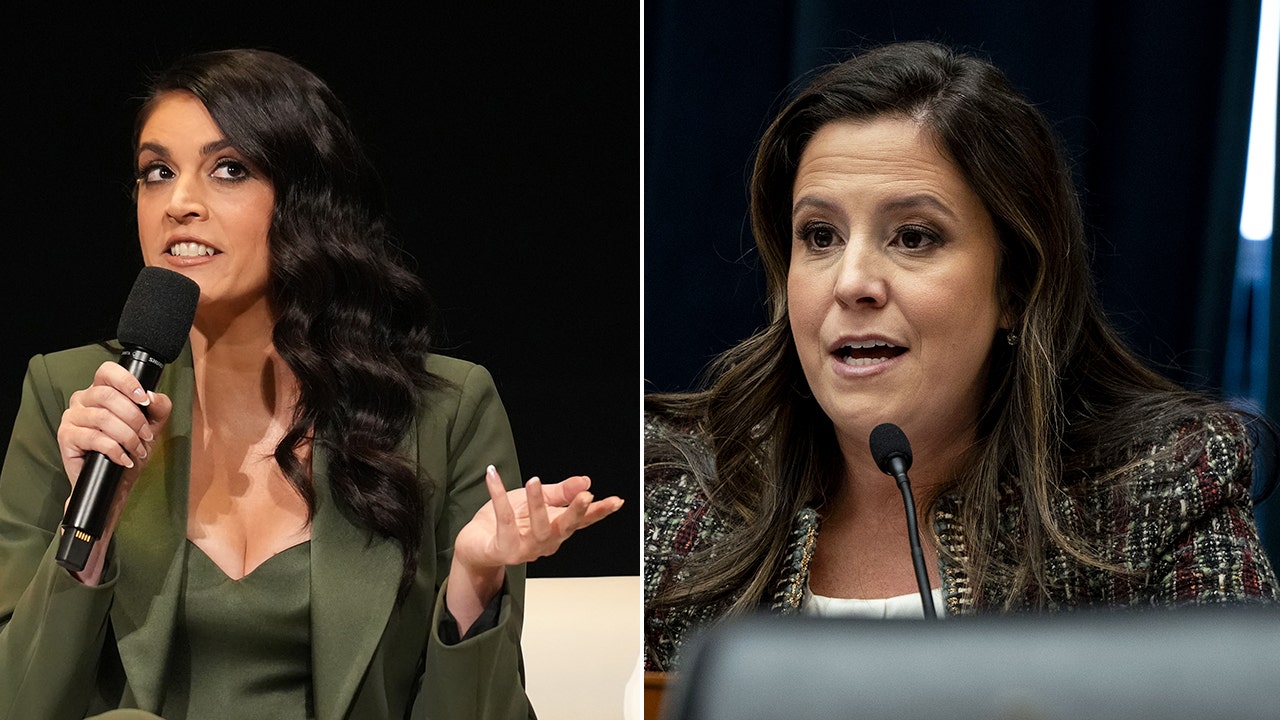José Mujica, a former president of Uruguay, guerrilla fighter and stalwart of leftist leadership in Latin America, died on Tuesday. He was 89.
President Yamandú Orsi announced the death in a statement, which did not say where Mr. Mujica died or cite the cause. Mr. Mujica announced he had esophageal cancer in April 2024. He lived in the rural outskirts of Montevideo, the capital.
“President, comrade, mentor, leader. We’ll miss you,” Mr. Orsi wrote.
Known as Pepe, Mr. Mujica was elected president in 2009 at the age of 74 as a generation of leftist Latin American governments were losing their populist luster. Though he had a reputation as a savvy leader of Uruguay’s progressive coalition, his informal governing style baffled the establishment.
A self-described philosophical anarchist, he was known for his brash charisma, his skepticism of capitalism’s excesses, his modest way of life and his intent to inject purpose and humility into government during a time when Uruguay’s left was ascendant.
Although his ambitions were often bigger than his ability to deliver on policy promises, the progressive legislation that his administration did pass earned global praise and paved the way for a leftist ally to succeed him.
A flower farmer by trade, Mr. Mujica championed rural communities and was a consummate defender of liberal ideals. Believing world leaders should dispense with the trappings of power, he and his wife, Lucía Topolansky, a senator at the time, opted to live in a single-story home on a plot of farmland instead of on a staffed presidential estate. He sometimes drove to work in his pale blue 1987 Volkswagen Beetle.
On his first day as president, Mr. Mujica announced that he would give away most of his salary to help build housing for Uruguay’s neglected towns. Called the “world’s poorest president,” he nevertheless saw his standing differently. “It is not the man who has too little, but the man who craves more, who is poor,” he told The New York Times in 2013, quoting the Roman philosopher Seneca.
Under Mr. Mujica, who served from 2010 to 2015, Uruguay become the second country in Latin America to decriminalize abortion and legalize gay marriage, and the first country in the world to legalize and fully regulate marijuana. His speech on the ills of unchecked consumerism were nearly as sensational as his startlingly casual appearance: tieless and disheveled, often as he tended to his chrysanthemum fields with his wife and their three-legged dog, Manuela.
Even in a country with an exceptional commitment to social liberalism and cross-party consensus, Mr. Mujica was a singular leader.
As a member of the Tupamaro urban guerrilla movement in the late 1960s — a group that robbed banks and kidnapped American hostages to shock a political system out of its creep toward military dictatorship — he spent over a decade in prison. His wife had also been a member of the group.
After he and other top Tupamaro guerrillas were released in 1985, when the country had returned to democracy, they began forging their way into mainstream politics.
Uruguayans questioned whether former guerrillas were capable of trading in their arms for a more conventional political movement, but Mr. Mujica helped broker the group’s entry into the center-leftist coalition, Frente Amplio (“Broad Front”), under the Movimiento de Participación Popular (“Movement of Popular Participation” party).
His plain-spoken egalitarianism diverged from the buttoned-down demeanor of the political establishment. But he was shrewd enough to cast a wide rhetorical net while reaffirming the group’s socialist aims.
“We are politicians first, not people who favor violence or terrorism” Mr. Mujica told The Times in 1986. “But we are not going to complicate life in a way that makes democratic liberty unsustainable.”
José Alberto Mujica Cordano was born on May 20, 1935, in Paso de la Arena, a neighborhood on the periphery of Montevideo. He was close to his mother, Lucy Cordano, a flower merchant who came from a family of Italian immigrants. His father, Demetrio Mujica, was a traveling salesman in the hinterlands and died when José was 7.
Mr. Mujica married Ms. Topolansky, his longtime partner, in 2005. The couple did not have children. His sister, María, died in 2012.
Mr. Mujica was a young man in the late 1960s when he joined the Tupamaro movement, inspired by the Marxist revolutionary Che Guevara in Cuba. The group took up arms in response to economic crisis in Uruguay, after years of bitter inflation in a country that had once been known as the “Switzerland of South America.”
The Tupamaros carried out a series of armed heists, including stealing $6 million in jewelry and cash to redistribute to the struggling class. Uruguayans initially applauded their exploits.
But the violence began to spiral. In 1970, Mr. Mujica was shot six times in an encounter with the police and sent to prison, one of several times he was incarcerated. Later that summer, the group kidnapped an American adviser, Dan A. Mitrione, and later murdered him when the government refused to release 150 political prisoners in exchange for Mr. Mitrione’s freedom. In one of the group’s final acts, in 1971, more than 100 Tupamaro, Mr. Mujica among them, escaped from prison through a tunnel dug from a nearby house.
As a brutal counterinsurgency ensued and a right-wing military dictatorship took power in 1973, many Uruguayans blamed the guerrillas. Mr. Mujica and other top Tupamaro were captured by the police and spent over a decade in solitary confinement, often being tortured.
Mr. Mujica was 49 when he was pardoned and released in 1985. After becoming one of the first Tupamaro to be elected to Parliament, in 1994, he toured the country’s sparsely interior regions, making inroads with voters on the political left, to whom most officials had paid little mind.
By the time of his first term in the Senate, he was a top leader in Broad Front. The party came to power in the 2004 general elections, resoundingly defeating the two centrist parties that had ruled the presidency since the 1830s. It was a stirring moment of political reconciliation for the former Tupamaros.
Appointed by the president, Tabaré Vázquez, to his cabinet to oversee agricultural policy, Mr. Mujica soon made a mark with voters by reducing the cost of beef rib so that lower-income Uruguayans could afford that high-quality cut of meat.
During his time as agricultural minister, he worked closely with Danilo Astori, the unsmiling, academic finance minister whom Mr. Vázquez favored as his successor in the 2009 presidential elections, with Mr. Mujica as Mr. Astori’s running mate. But in the end, it was the former Tupamaro who led the ticket, with Mr. Astori as his vice president.
“Poor Danilo! He lacked sex appeal,” Mr. Mujica later remarked to journalists, wise to the allure of maverick politics.
In the election, Mr. Mujica won in a runoff against a center-right and pro-free market candidate.
As president, Mr. Mujica continued many of the social and economic policies of the Vázquez administration. He pushed a plan to transition the country to renewable energies.
His global profile grew in 2014 when he offered, months before leaving office, to accept from the United States six detainees who were being held at Guantánamo Bay in Cuba as suspected terrorists, in the hope that it could lead to the closing of the facility. Though many Uruguayans opposed the transfer, six detainees were resettled in Uruguay in December, after the elections, as Mr. Mujica’s term was ending.
Mr. Mujica was also criticized for not fulfilling promises to equalize access to education and housing and for displaying a disorganized management style.
He viewed José Batlle y Ordóñez, a former president who created Uruguay’s welfare state in the 20th century, as a model of a leader who treats his countrymen as equals. “Mujica represents the anti-system man,” Senator Helios Sarthou told Adolfo Garcé, a political scientist in Montevideo, for a book on the Tupamaros. “His image of the guerrilla hero is fundamental to that: He put his life on the line.”
“That’s why people believe in him,” he said.
As Uruguay’s neighbors were buckling under corruption, violence and financial instability in the 2010s, Mr. Mujica — who was more moderate than Venezuela’s Hugo Chávez or Argentina’s Cristina Fernández de Kirchner — championed a left wing that worked within capitalism and democracy to improve it. He had grown disillusioned with the Marxist Cuba he had romanticized in his youth. On a presidential trip to Havana, he told officials, “As atrocious as capitalism is, it’s the system that can help create growth.”
After his presidency, Mr. Mujica rejoined the Senate, serving for three years before stepping down in 2018. He made his final public appearances last fall campaigning for his protégé Yamandú Orsi, Broad Front’s presidential candidate.
“Goodbye, I give you my heart,” he said at a rally about a week before the elections. Mr. Orsi narrowly won, bringing the center-left back to power.
In one of his last interviews, in 2024, Mr. Mujica reflected on the responsibility of world leaders. “The problem is that the world is run by old people,” he said, “who forget what they were like when they were young.”














